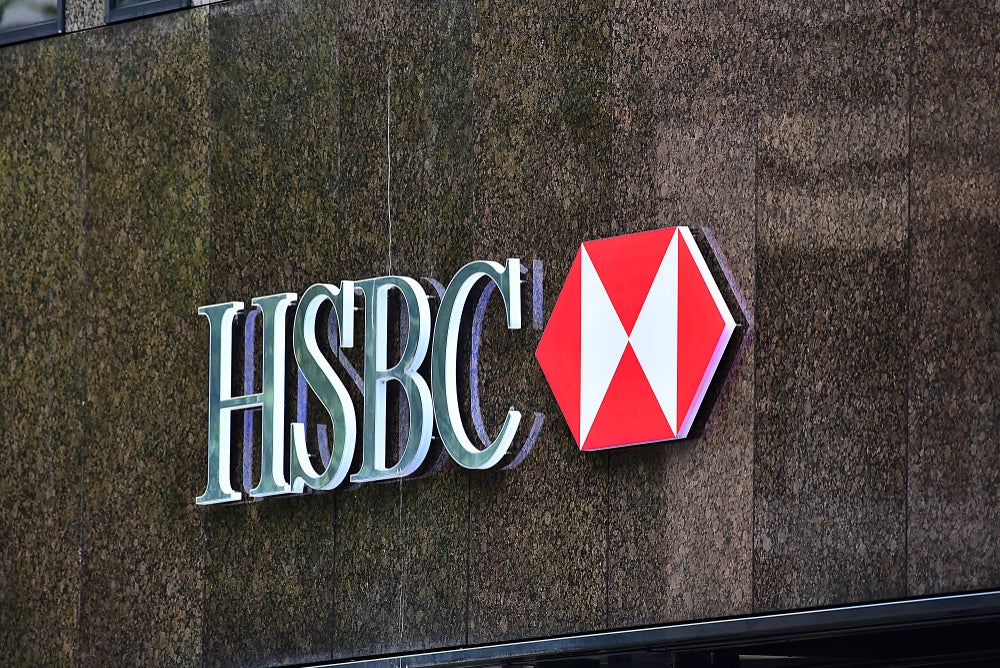Nearly three months after the UK voted to leave the EU and WealthInsight first wrote of its implications on HNWIs, little light has been shed on the consequences of Brexit despite cascades of commentary. However, in talking to HNWIs and their advisors, conducting our own data analysis and listening to some third party sources, we have built upon our previous comments and highlighted some new areas of concern for private client advisors.
In order to keep things simple, we have handily divided these into ‘Updated’ and ‘New’ headlines:
Updated Headlines
Most HNWIs are recovering their wealth
In June I wrote that ‘Many HNWIs are poorer post-Brexit’. The 14.3% of HNWIs owing their wealth to the financial services industry were directly exposed to shocks in the financial markets, while few HNWIs were immune to currency and political turmoil in wake of the vote. Added to this pain, Bloomberg data revealed that 15 of Britain’s wealthiest individuals had lost $5.5bn in the same post-Brexit shock.
How well do you really know your competitors?
Access the most comprehensive Company Profiles on the market, powered by GlobalData. Save hours of research. Gain competitive edge.

Thank you!
Your download email will arrive shortly
Not ready to buy yet? Download a free sample
We are confident about the unique quality of our Company Profiles. However, we want you to make the most beneficial decision for your business, so we offer a free sample that you can download by submitting the below form
By GlobalDataThree months on and such losses have largely been erased: The FTSE 100 recovered after just two trading days, while the more domestic FTSE 250 was back to normal just over a month after the vote. Beyond the London Stock Exchange, much post-referendum data has deviated little from pre-referendum indices.
As for Britain’s wealthiest 15: they have had a somewhat bumpier ride following the vote but not as a result of it. The death of the late Duke of Westminster saw one of the largest inter-generational wealth transfers in British history (the value of Grosvenor Estates having grown exponentially under the previous Duke’s tenure and rising property prices). Mike Ashely and Sir Philip Green’s fading fortunes have nothing to do with Brexit and everything to do business mismanagement.
The few likely to benefit from Brexit are those who voted for it: Sir Anthony Bamford and James Dyson will likely see heightened exports of diggers and vacuums off the back of a weak stirling.
Non-domexit
In the last Brexit article, I wrote that new legislation on non-doms – the unique tax status many foreign born HNWIs subscribe to – would be delayed until April 2017 to make way for post-Brexit legislative clarity. However, in another seemingly non-Brexit development, the Treasury have published new guidelines dictating that non-domiciled individuals will have to pay inheritance tax from April 2017 on UK residential property held through trusts or holding companies. This development raises age-old questions over a potential capital-flight from the UK as non-doms flout tightening tax structures for sunnier tax havens.
Swathes of residential London are held through such structures, despite a tax penalising offshore ownership introduced in 2013. Whether or not it causes non-doms to sell up and move overseas can only be measured in the long-term, however, the message of these guidelines is clear: Brexit Britain will not be following the ‘Monaco-model’.
The Rush to Zone 2, and beyond
Another prediction of June’s article was that foreign HNWIs will take advantage of a weak stirling and snap up central London properties with their newly empowered local currencies. However, latest data from Knight Frank reports that the average house price in central prime London has dropped by 1.8% over the year, despite an increase of viewings of nearly 50% after the vote.
Patience may prevail at the top of the market, but overseas buyers have been seeking investment opportunities in London’s cheaper properties and commuter cities such as Brighton and Bath. Several multi-family offices have started investing in such areas, citing better returns than Central London while avoiding higher stamp duty.
In early September, one of London’s biggest residential developers, St George, hosed a ‘Post Brexit London Property Market and Currency Update Seminar’ in Singapore while showcasing newly built two and three bedroom apartments in Hammersmith and Ealing Broadway – far from the wealthy enclaves of Knightsbridge and Mayfair.
Manufacturing remains sluggish
Manufacturing data paints a conflicted story, with the ONS data for July showing a 0.9% contraction, but the EEF – the main industry body for manufacturing in the UK – forecasting a growth in manufacturing output of 0.4%. Manufacturing currently accounts for 5.5% of HNWI wealth after rising by 12.8% in the past five years – the fastest growth after the financial, tech and retail sectors.
New Headlines
Number of new HNWIs continues to grow
WealthInsight’s HNWI forecast maintains that the number of HNWIs in the UK will grow 0.8% in 2016 after declining 0.5% in 2015. While most of these new HNWIs will call London home, there is evidence of de-centralisation underfoot, with at least five cities – Birmingham, Glasgow, Leeds, Liverpool and Reading – adding at least one percentage point to their HNWI numbers. This is backed-up with data from Barclays which show that the number of ‘millionaires’ in Eastern England increased by 13.2% and in the South West by 8.1%. It is interesting, though un-correlative to note that both the majority of South West and Eastern England voted to leave the EU, while London voted to remain.
Privately Banking on London
Immediately following Britain’s vote to leave the EU, the leaders of major US banks pledged to support London as a financial centre. The leaders of JPMorgan, Goldman Sachs, Bank of America Merrill Lynch and Morgan Stanley released a joint statement promising to “help London retain its position as the leading international financial centre”. Morgan Stanley has also joined Credit Suisse in scrapping its forecast that the UK would go into recession following the Brexit vote.
This confidence will trickle down to the UK’s private banking sector: Not only do these banks maintain large private banking divisions in the UK, but they trade with many local and independent players. Their custody supports much of London’s family office and wealth management sector.
Trumping Brexit
With an average portfolio allocating 12% of investments to North America, HNWIs will be anticipating the next big democratic shock to their savings: November’s US presidential election. Though the Republican candidate supported the Brexit vote (and recently sent a tweet: “They will soon be calling me MR. BREXIT!”), the CIPS – which charts political and economic risks to global trade – has surged in anticipation of a Trump victory, while the Economist Intelligence Unit said a Trump victory was one of the top 10 risks facing the world in 2016. Many HNWIs will be seeking to hedge their portfolios accordingly.
Brexit Boom for Bordeaux
A combination of investor sentiment towards safer assets and a weaker stirling heightening overseas demand has seen a surge in fine wine prices. The Liv-ex – the main exchange for investment-grade wine – is up 19% so far in 2016 and has witnessed something of a ‘Brexit Boom’ since the referendum. According to a survey by Cult Wines – a fine investment firm – 27% of wealth managers and independent financial advisors (IFAs) expect wine investments to become more attractive in post-Brexit Britain.
While that may be good news for oenophiles, regular consumers will be paying more for their Barolo, Burgundy and Beaujolais as a weaker pound pushes up the costs of wine imports. Celebrating or commiserating Brexit may yet be its biggest impact on HNWIs.







